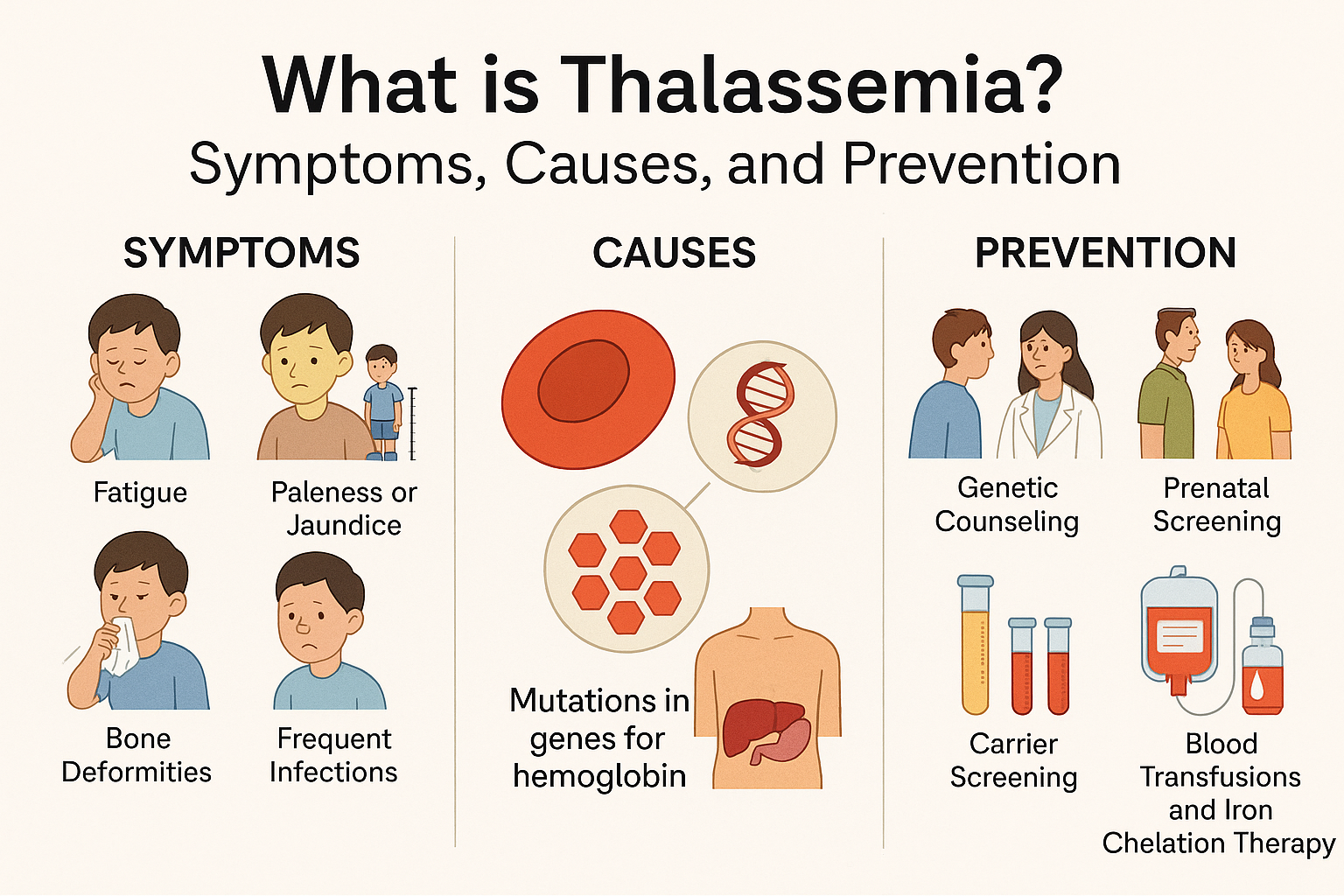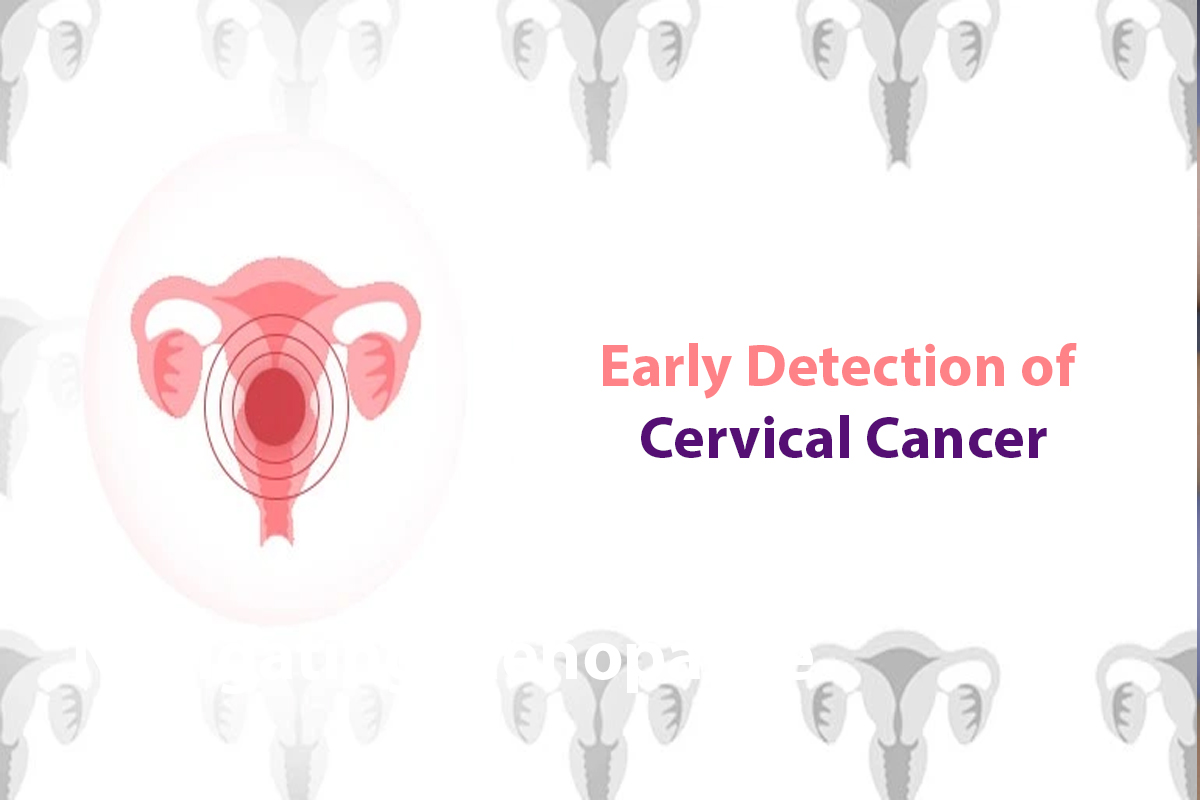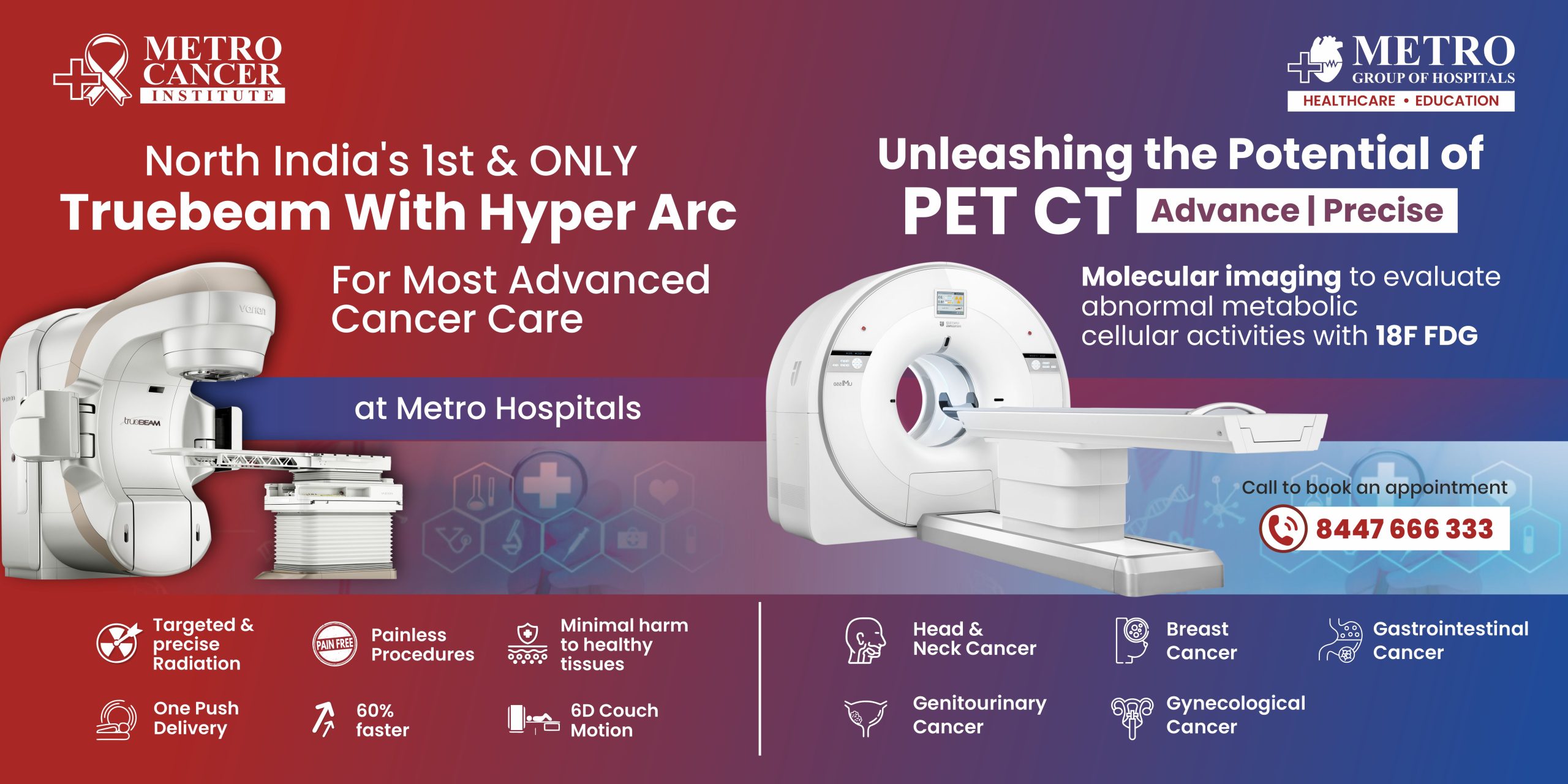What is Medical Oncology?
Medical Oncology is a specialized branch of medicine focused on the diagnosis, treatment, and management of cancer. At Metro Hospitals, our Medical Oncology department encompasses a comprehensive range of services aimed at delivering personalized care tailored to each patient’s unique needs.
Our Expert Team:
Metro Hospitals boasts a team of highly skilled and experienced oncologists who are leaders in their field. With expertise spanning various sub-specialties of Medical Oncology, including chemotherapy, immunotherapy, targeted therapy, and hormonal therapy, our team is committed to providing the best possible outcomes for our patients.
State-of-the-Art Technology:
Equipped with cutting-edge technology and advanced treatment modalities, Metro Hospitals ensures that patients receive the most effective and innovative care available. From precision radiation therapy to molecular diagnostics and genetic testing, we leverage the latest advancements to offer tailored treatment plans that optimize outcomes and minimize side effects.
What Comes Under Medical Oncology?
Medical Oncology encompasses a wide range of services and treatments aimed at combating cancer. This includes but is not limited to:
- Chemotherapy: The use of drugs to kill cancer cells or stop them from growing and multiplying.
- Immunotherapy: Harnessing the body’s immune system to recognize and attack cancer cells.
- Targeted Therapy: Drugs that specifically target cancer cells by interfering with specific molecules involved in tumor growth and progression.
- Hormonal Therapy: Utilizing hormones or hormone-blocking agents to inhibit the growth of hormone-sensitive tumours.
- Palliative Care: Providing symptom management and supportive care to improve the quality of life for patients living with cancer.
When should you go to a Medical Oncologist?
It is advisable to consult a medical oncologist at any stage of cancer diagnosis or suspicion. Whether you are newly diagnosed, undergoing treatment, or seeking a second opinion, our team of expert oncologists is here to provide guidance and support throughout your cancer journey.
At Metro Hospitals, we understand the challenges that come with a cancer diagnosis, and our Medical Oncology team is dedicated to guiding our patients through every step of their journey with compassion, expertise, and hope. Trust us to provide the highest standard of care and support as you navigate your cancer treatment.































